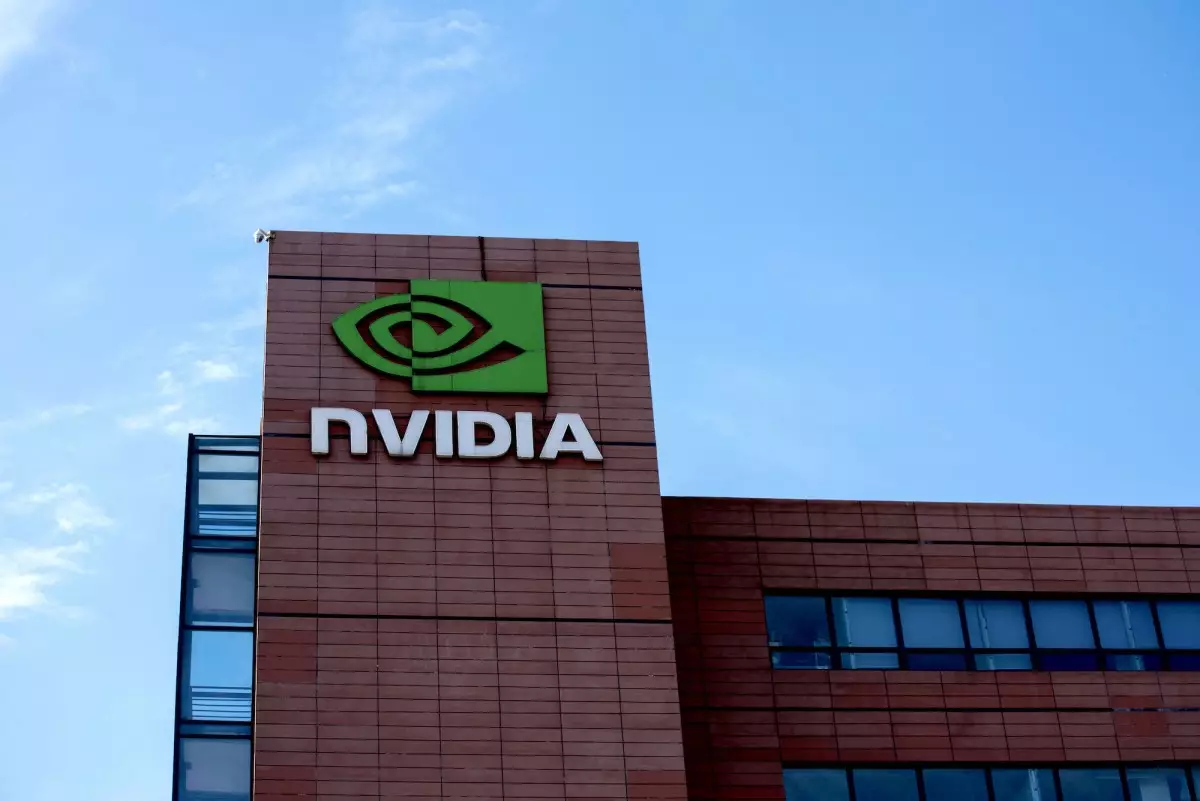In a surprising turn of events, Nvidia CEO Jensen Huang has potentially secured the future of his company’s cutting-edge H20 AI chips amidst a turbulent political landscape. By engaging in what can only be described as an astute negotiation with the Trump administration, Huang was able to circumvent anticipated export restrictions. This move is significant not just for Nvidia but for the entire semiconductor industry as it implies a shifting dynamic in the U.S.-China technology race.
Nvidia’s H20 chip, described as the most advanced AI chip that can still be exported from the U.S. to China, has found itself at the center of an intense debate. The chips, although modified for lower performance to comply with regulatory standards, have been integral for companies like DeepSeek, which utilized them to train its R1 AI model. The R1 model’s competitive performance against U.S. counterparts, particularly models developed by OpenAI, escalated concerns within various sectors of the U.S. government, including bipartisan calls for stricter controls on AI exports.
The Art of Negotiation
The backdrop of this story is Huang’s purported dinner meeting with Trump at the Mar-a-Lago resort, where the CEO made a compelling proposition: if allowed to continue exporting H20 chips to China, Nvidia would invest in new AI data centers within the United States. The allure of domestic investment is a strong focal point within Trump’s “America First” policy agenda, making it a promising bargaining chip during their discussions.
While some may view the arrangement as a simple business transaction, it raises deeper questions about the longer-term strategy both for Nvidia and U.S. tech policy. The promise of investment may serve to placate concerns regarding U.S. technological supremacy while providing Nvidia with a vital lifeline in maintaining its competitive edge abroad. However, this predicament exposes underlying vulnerabilities in U.S. policy regarding technological advancements and international trade.
Risk and Reward in Tech Politics
Allowing Nvidia to continue exporting H20 chips to China stands in stark contrast to the administration’s stated goal of safeguarding American technological leadership. Many industry observers are rightly questioning this paradox. How can the U.S. effectively assert dominance in the AI and semiconductor spaces if it permits key technology to flow to its largest competitor? This contradiction could undermine attempts to secure AI preeminence on a global scale.
In a climate where the Trump administration was reportedly preparing for H20 export controls, this sudden pivot suggests a tactical compromise rather than a definitive strategy. The optics of such a reversal are curious, especially when one considers the administration’s decision to uphold the stringent AI chip export rules imposed by the Biden administration, which threatens to stifle innovation across the semiconductor industry.
Furthermore, when examining the reactions from various sectors, it becomes evident that many companies besides Nvidia are leveraging these political dynamics to secure a favorable position. The collaborative efforts of firms like OpenAI and Microsoft to invest heavily in U.S.-based AI data centers reflect a capitalistic adaptation to regulatory landscapes. These alliances, seeking to curry favor with the administration, embody the intricate interplay between business ambitions and political motives.
The Bigger Picture of Global Innovation
Nvidia’s recent maneuvers should serve as a clarion call for the tech industry to reassess its strategies moving forward. Rather than solely looking to navigate the pitfalls of current U.S. export regulations, leaders must consider how broader collaborations can foster innovation. The current restrictions led by the Biden administration, labeled by Nvidia as “unprecedented and misguided,” present a significant barrier to global tech advancement.
However, the uncertainty surrounding these policies creates an environment ripe for creativity. Companies must proactively engage with regulatory frameworks while innovating to stay relevant. If U.S. tech firms like Nvidia and OpenAI can work within or around these restrictions, they can potentially redefine the landscape for AI development on a global scale.
Ultimately, as the interplay between U.S. policies and international tech landscapes continues to evolve, it becomes clear that strategic foresight and adaptability will be critical. The stakes are high, not merely for individual companies but for the future of global technological progress and economic prosperity.

